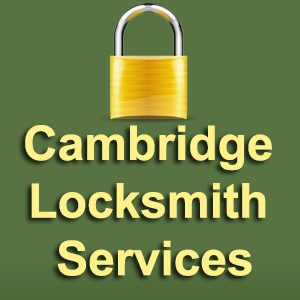Your home is more than just a physical structure; it is a sanctuary where you and your loved ones should feel safe and secure. However, the unfortunate reality is that break-ins and burglaries can happen to anyone, anywhere. Taking proactive steps to prevent home break-ins is crucial in safeguarding your property and the well-being of your family. In this article, we will explore effective strategies and practical tips for home break-in avoidance.
Strengthen Your Doors and Windows
The first line of defense against break-ins is ensuring the security of your doors and windows. Start by inspecting all entry points, including front and back doors, sliding doors, and windows. Reinforce weak points by installing deadbolt locks, security bars, and sturdy door frames. Consider using shatter-resistant glass or laminated glass for windows. Additionally, secure sliding doors with bars or dowels to prevent them from being forced open.
Illuminate Your Property
A well-lit exterior can deter potential intruders, as it eliminates the cover of darkness. Install motion-activated lights around your home, especially near entry points and dark corners. Adequate lighting not only discourages burglars but also provides a sense of security for you and your neighbors.
Maintain Landscaping
Overgrown bushes and trees can provide hiding spots for burglars. Keep your landscaping well-maintained, trimming trees and shrubs that obscure windows or entry points. Consider planting thorny bushes near windows as an added deterrent. Additionally, maintain a clear line of sight from the street to your home, making it less appealing to potential intruders.
Install a Security System
Investing in a reliable security system is one of the most effective ways to protect your home. A comprehensive security system may include burglar alarms, surveillance cameras, and motion sensors. Display signs or stickers indicating that your home is protected by a security system, as this can deter burglars from targeting your property.
Secure Your Garage
Many homeowners overlook the vulnerability of their garage, which can serve as an easy entry point for burglars. Ensure that your garage door is securely closed and locked at all times. Consider reinforcing the garage door with additional locks or installing a security system specifically designed for garages.
Get to Know Your Neighbors
Establishing a strong community network can significantly contribute to home security. Get to know your neighbors and participate in neighborhood watch programs. Neighbors looking out for one another can help identify suspicious activities and promptly report them to the authorities.
Secure Valuables and Important Documents
Keep your valuable belongings and important documents in a secure place, such as a home safe. This will protect them in the event of a break-in and provide peace of mind. Consider storing copies of essential documents in a separate location, such as a safety deposit box.
Be Mindful of Social Media
Avoid advertising your absence from home on social media platforms. Sharing vacation plans or posting real-time updates can inform potential burglars that your home is unoccupied. Instead, wait until you return to share your experiences and photos.
Create the Illusion of Occupancy
When you’re away from home, make it appear as if someone is still there. Use timers to turn on lights at different times of the day and night. Ask a trusted neighbor to collect your mail or newspaper to avoid piling up, which can signal an empty house.
Lock Up
It may seem obvious, but many break-ins occur due to unlocked doors and windows. Develop a habit of double-checking that all entry points are securely locked before leaving your home or going to bed. This simple step can go a long way in preventing unauthorized access.
In conclusion, home break-in avoidance is a critical aspect of maintaining a secure and peaceful living environment. By implementing these strategies and adopting a proactive mindset, you can significantly reduce the risk of burglaries and safeguard your home and loved ones. Remember, it’s not just about protecting your possessions; it’s about creating a sense of safety and peace of mind in the place you call home.
